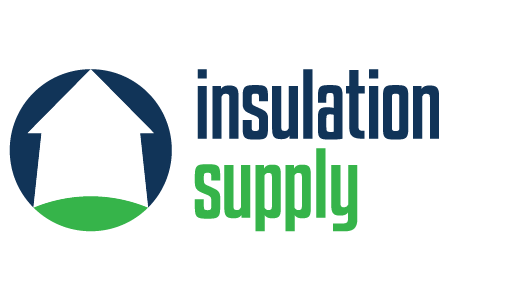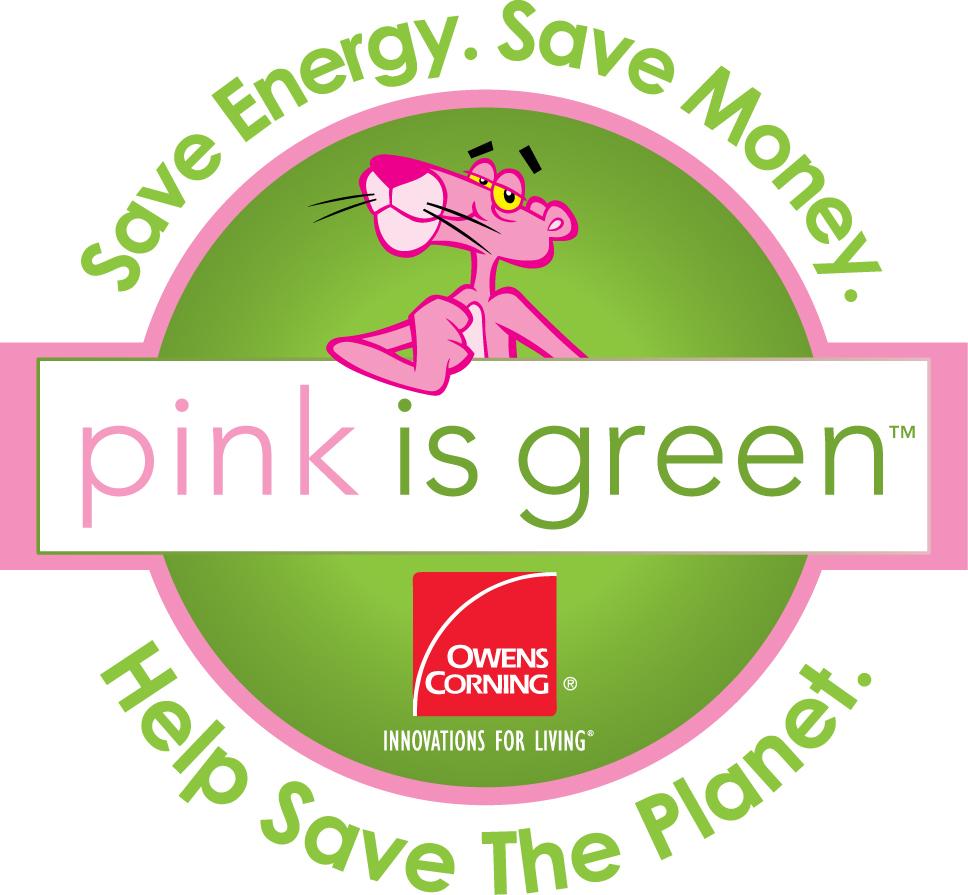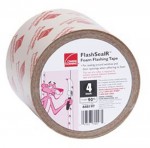5 Good Questions: The Environmental Impact of FOAMULAR®
Curious about how environmentally conscious the FOAMULAR® brand is? Look no further! Here’s our 5 Good Questions (and answers) that sum up the Owens Corning™ stance on environmental impact and more.
Q: What is FOAMULAR® products environmental impact?
A: Owens Corning manufactures FOAMULAR® and other building materials that save energy, reducing reliance on fossil fuels and decreasing greenhouse gas emissions around the world. Building insulation is one of the most cost-effective energy and greenhouse gas reduction technologies in the world.
Owens Corning is well positioned to help address global climate change through the increased energy efficiency gained from the use of many of the products it produces and the reduction in Greenhouse Gas (GHG) emissions that occur when consumers use those products including FOAMULAR®.
Q: What blowing agent is used to produce FOAMULAR® products?
A: All Owens Corning Foamular plants in the U.S. and Canada produce Foamular products using a proprietary blend of blowing agents which allow Owens Corning to manufacture Foamular products with Zero Ozone Depletion Potential and approximately 70% less Global Warming Potential than the blowing agents used before our blowing agent conversion in 2009.
Q: Are any FOAMULAR® products classified as hazardous substances?
A: No!
Q: What data is available for VOC emitting levels for FOAMULAR® polystyrene products?
A: FOAMULAR® is currently the only extruded polystyrene insulation product that is GREENGUARD® Indoor Air Quality Certified by the GREENGUARD Environmental Institute under the GREENGUARD Standard for Low Emitting Products. See the Sustainability section here, and the GREENGUARD Indoor Air Quality Certification for complete details.
Q: Does FOAMULAR® contain formaldehyde?
A: Formaldehyde is not an ingredient in the formulation for producing FOAMULAR® products. FOAMULAR® is currently the only extruded polystyrene insulation product that is GREENGUARD® Indoor Air Quality Certified by the GREENGUARD Environmental Institute under the GREENGUARD Standard for Low Emitting Products. Check out the Sustainability section, and the GREENGUARD Indoor Air Quality Certification for complete details.









